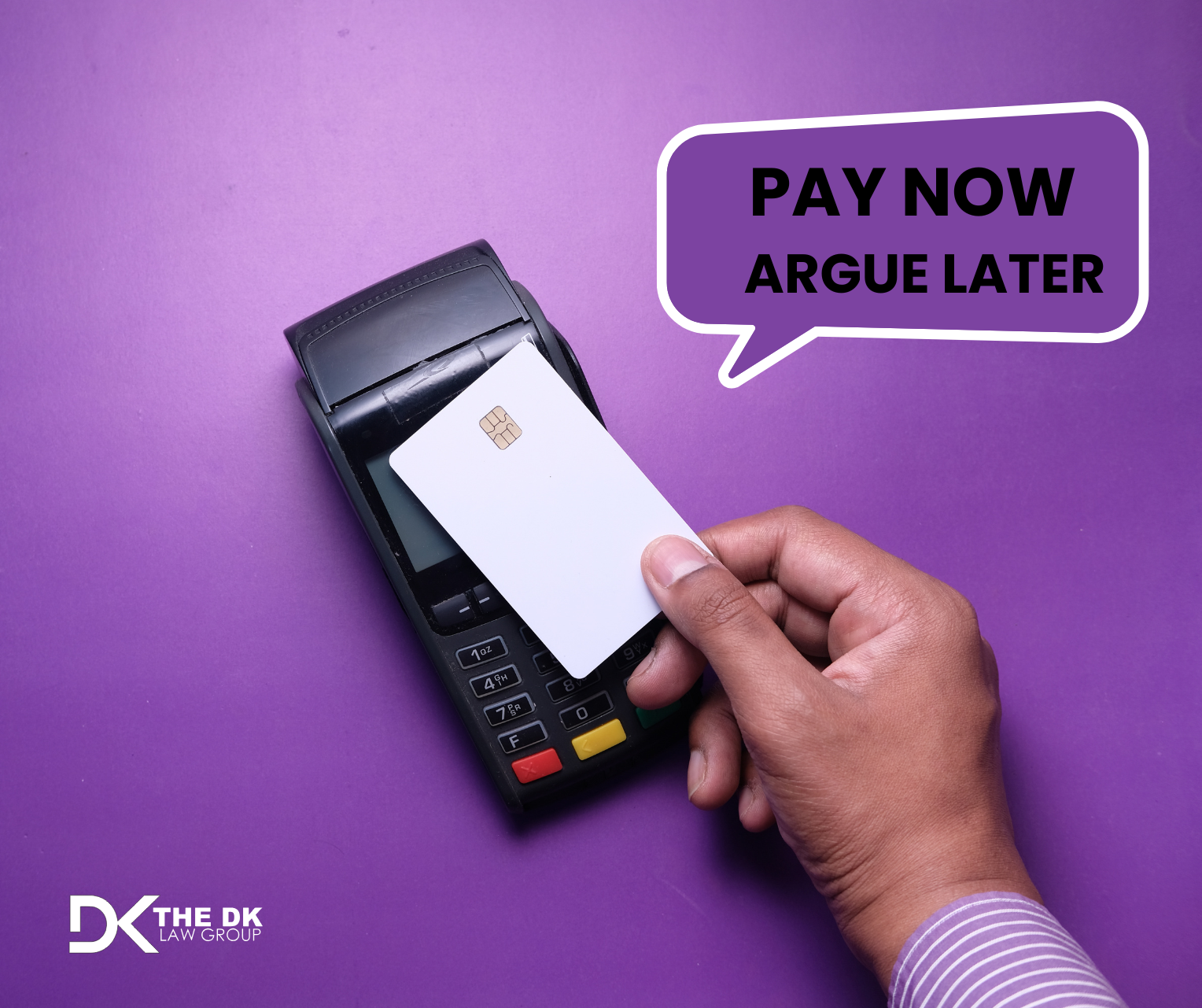When it comes to tax administration in Zimbabwe, one principle stands out as both controversial and indispensable: the “pay now, argue later” rule. Found in section 36 of the Value Added Tax Act [Chapter 23:12] and section 69 of the Income Tax Act [Chapter 23:06], this rule has far-reaching consequences for both taxpayers and the Zimbabwe Revenue Authority (ZIMRA).
The General Rule in Civil Litigation vs. Tax Law
Ordinarily, in civil matters, the noting of an appeal suspends the enforcement of a judgment. This means that once a party appeals a decision, they are not compelled to comply with that judgment until the appeal is resolved unless the court specifically orders otherwise. Courts in Zimbabwe and South Africa have long recognised this principle, which protects litigants from premature enforcement while higher courts are still considering the correctness of a decision.
Tax law, however, takes a very different approach.
The Scope of the “Pay Now, Argue Later” Rule
Under the VAT Act and the Income Tax Act, the mere issuance of an assessment by ZIMRA immediately triggers the taxpayer’s obligation to pay. Crucially, filing an objection or noting an appeal does not suspend this obligation. ZIMRA retains the right to recover the assessed tax, penalties, and interest, regardless of whether the taxpayer is still challenging the liability.
In practical terms:
- The taxpayer must first settle the tax debt.
- Only afterwards can they pursue objections or appeals through the Fiscal Appeals Court or higher courts.
- If the taxpayer ultimately succeeds, excess payments will be refunded, with interest.
The Supreme Court in ZIMRA v Packers International (Pvt) Ltd SC 28/16 clarified that this rule exists not to protect the taxpayer’s rights, but to safeguard the Commissioner’s ability to collect revenue promptly.
Commissioner’s Discretion: A Narrow Relief
Both statutes provide the Commissioner with discretion to suspend the obligation in cases of genuine financial hardship. This was highlighted in Mayor Logistics (Pvt) Ltd v ZIMRA CCZ 7/2014, where the court held that the discretion lies exclusively with the Commissioner, not the courts. The burden falls on the taxpayer to prove circumstances that justify suspension of payment.
This means that while relief exists in theory, in practice it is limited. The Commissioner’s mandate is to secure steady and predictable revenue collection, making suspensions the exception rather than the norm.
The Purpose Behind the Rule
The policy rationale is straightforward:
- Prevent taxpayers from using appeals as a delay tactic.
- Ensure that the national fiscus continues to receive a steady flow of revenue.
- Preserve the integrity and efficiency of the tax collection system.
As noted in comparative literature and South African tax jurisprudence, the rule discourages frivolous objections and ensures that ZIMRA can carry out its mandate without undue disruption.
Key Takeaways
- The general civil law principle that appeals suspend enforcement does not apply in tax matters.
- The “pay now, argue later” rule compels taxpayers to settle assessments immediately, even if disputed.
- Relief is possible, but only at the Commissioner’s discretion.
- The overriding aim is the protection of the fiscus, sometimes at the expense of the taxpayer’s immediate financial position.
Conclusion
The “pay now, argue later” rule reflects the tension at the heart of tax law: balancing the State’s need for reliable revenue against the taxpayer’s interest in fair dispute resolution. For now, the law is weighted heavily in ZIMRA’s favour, underscoring the importance for businesses and individuals to be proactive in tax compliance and cautious in managing disputes.


